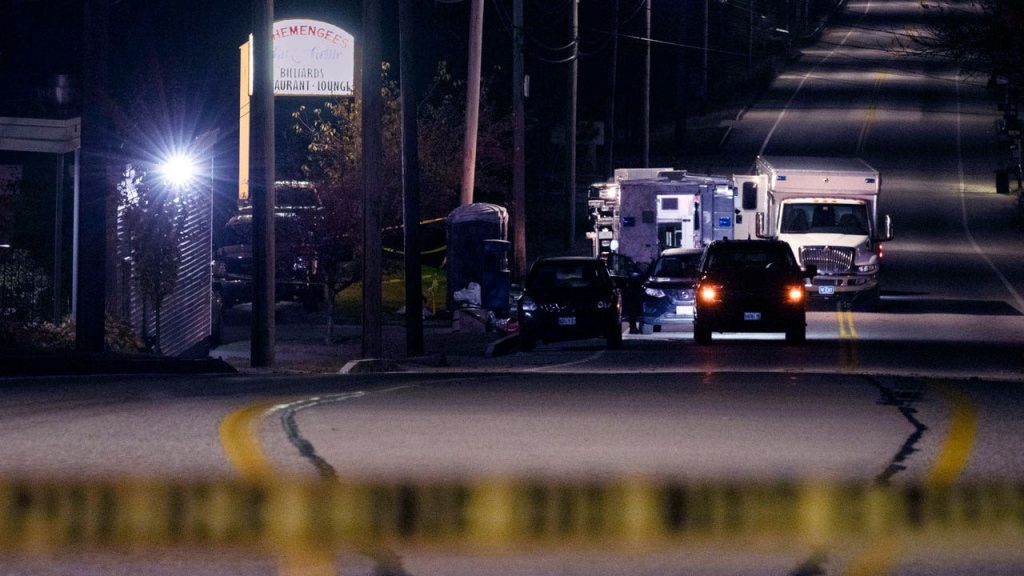A U.S. Army reservist, Sean Hodgson, who was a close friend of Robert Card, the perpetrator of Maine’s deadliest mass shooting, had raised concerns about Card’s behavior and the possibility of him committing a mass shooting. Hodgson had warned their supervisors to change the passcode at their Army Reserve training facility and arm themselves if Card showed up, fearing that Card was going to snap. This warning came after months of relatives expressing concern about Card’s paranoid behavior and access to guns. Despite being hospitalized in a psychiatric hospital just months before the shooting, the Army barred him from owning weapons while on duty, but authorities did not take further action to confront him.
The failure of authorities to remove guns from Card’s possession in the weeks leading up to the shooting has prompted a state investigation and the passing of new gun safety laws in Maine. In an interim report from the independent commission launched by Gov. Jane Mills, it was concluded that the Sagadahoc County sheriff’s office had probable cause to take Card into custody and seize his guns under Maine’s “yellow flag” law. The commission also criticized police for not following up with Hodgson after his warning text. Hodgson is scheduled to be questioned by the commission, offering further insights into his interactions with Card and efforts to alert authorities about his concerns regarding Card’s mental health.
Hodgson, who met Card in the Army Reserve in 2006 and became close friends with him after both had gone through divorces, had firsthand experiences witnessing Card’s escalating mental health issues. After an incident where Card became violent and erratic following a night of gambling, Hodgson felt compelled to report his concerns to authorities, despite the difficult decision of reporting someone he cared about. Some officials downplayed Hodgson’s warning, attributing it to possible intoxication, but Hodgson maintains that he was sober and alert when he sent the message to their supervisors.
The tragedy of the mass shooting in Lewiston, Maine, where 18 people were killed by Card at a bar and bowling alley, has raised questions about the response of authorities to potential threats and the accessibility of guns to individuals with mental health issues. Hodgson’s testimony and interactions with Card shed light on the events leading up to the shooting and highlight the importance of taking concerns regarding mental health and potential violence seriously. As the commission continues its investigation, the goal is to understand what could have been done to prevent the tragedy and improve protocols for addressing similar situations in the future.
The case of Robert Card and the warning signs missed before the mass shooting in Maine serve as a reminder of the complexities involved in addressing mental health and gun violence in society. The collective efforts of law enforcement, mental health professionals, and community members are crucial in identifying and responding to individuals who may pose a threat to themselves or others. Hodgson’s bravery in speaking out about his concerns regarding Card’s behavior showcases the importance of being vigilant and proactive in preventing acts of violence before they occur. By learning from past tragedies and implementing effective strategies for intervention, communities can work towards creating safer environments for all individuals.


